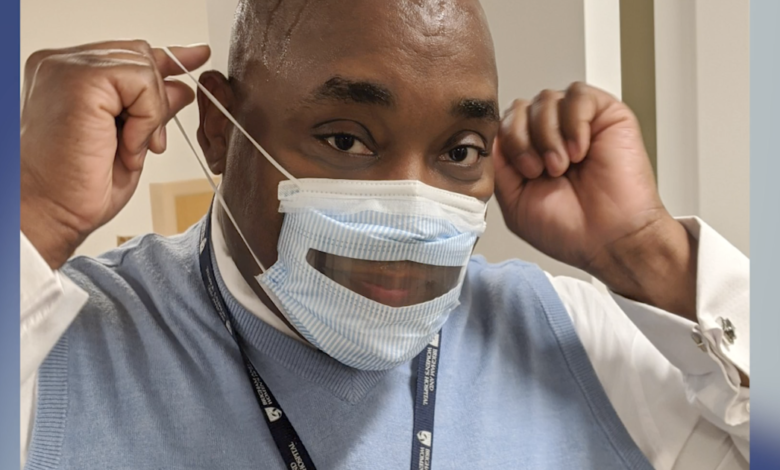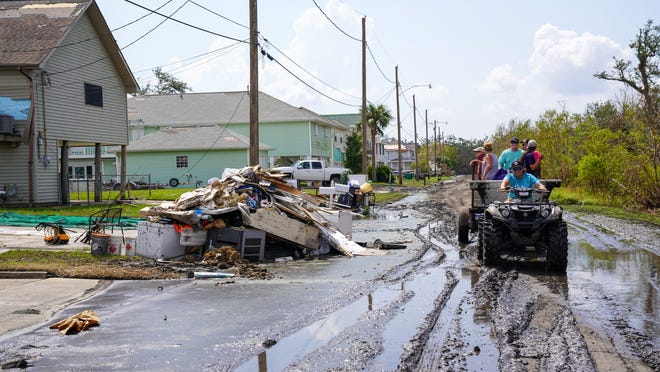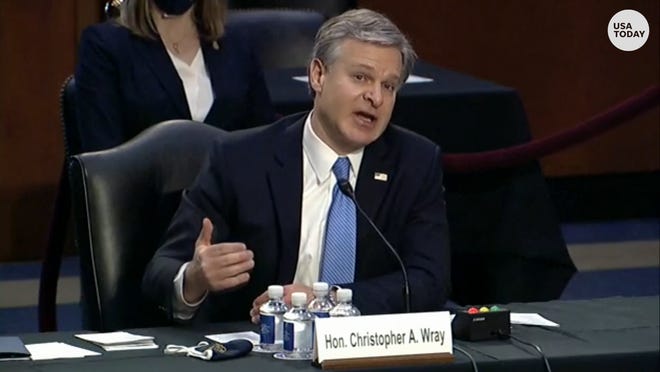
As an interpreter at Brigham and Women’s Hospital in Boston, the COVID-19 pandemic has presented a new set of challenges for James Wiggins. With a mask on, patients here can no longer see his lips moving.
For deaf or hard of hearing patients who rely on lip reading, a doctor or nurse wearing a mask makes communication nearly impossible.
“We’ve been seeing a lot of older folks come in, people who maybe aren’t fluent in sign language and depend on reading your lips,” Wiggins said. “We’ve lost something by covering our faces.”
At the start of the pandemic, Wiggins and his colleagues realized they’d need to adapt to the situation so that hearing-impaired patients could somehow see their lips. For Wiggins, this solution was crystal clear: transparent masks that have a clear piece of plastic where his lips are.
“When a person can see my lips, they can see me smiling, and that gives them communication,” he explained. “This way, we aren’t leaving patients behind. They’ll get the same care as everyone else.”
The transparent masks have become so popular at this hospital and others that they’re currently out of stock.
“For our patients to be able to lip read or see emotions, especially when we have to social distance, that means everything to them,” explained Niv Patterson, senior director for Patient and Family Relations, Patient Care Services at Brigham and Women’s Hospital.
Patterson said even those at the hospital who don’t work with hearing impaired patients are asking for the masks, simply because it allows patients to see them smile.







